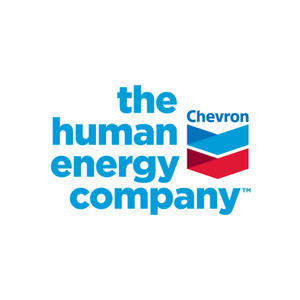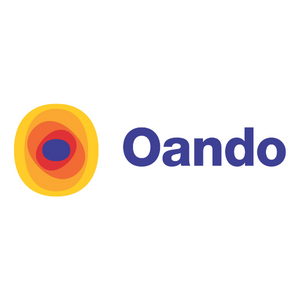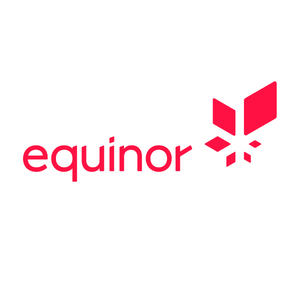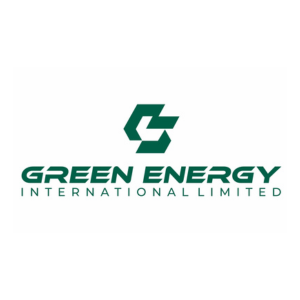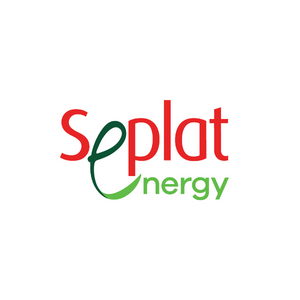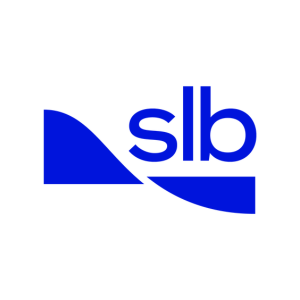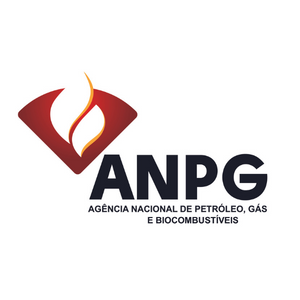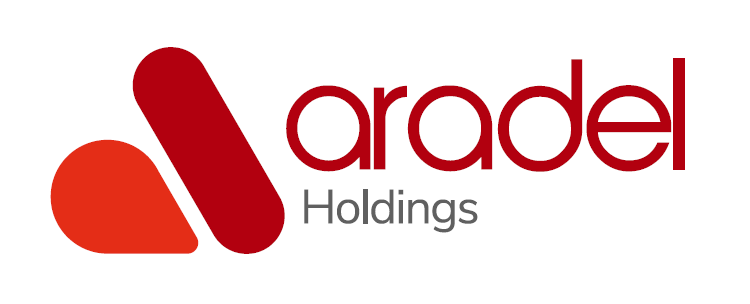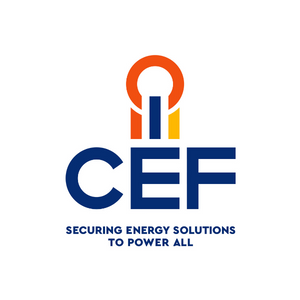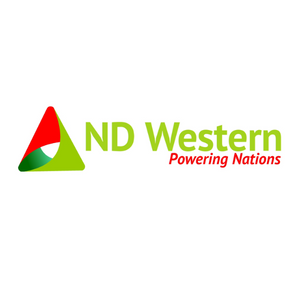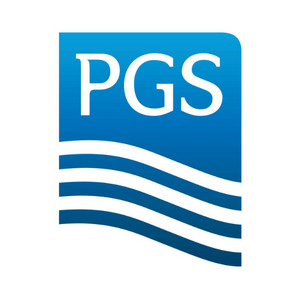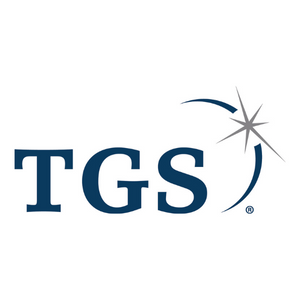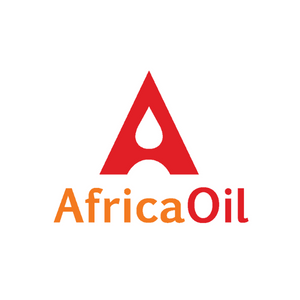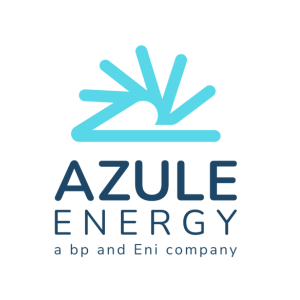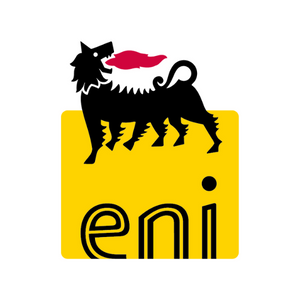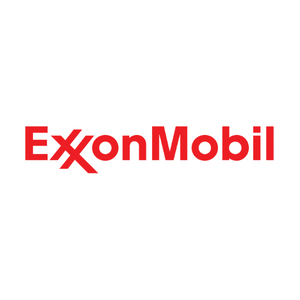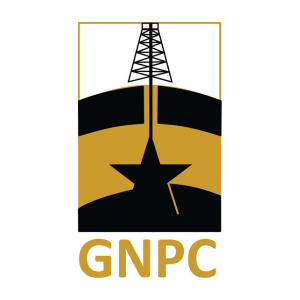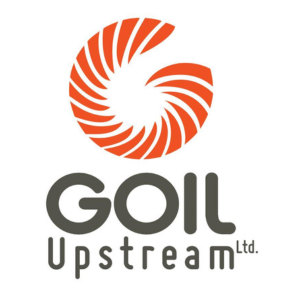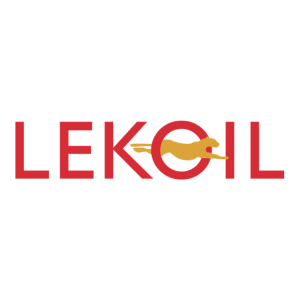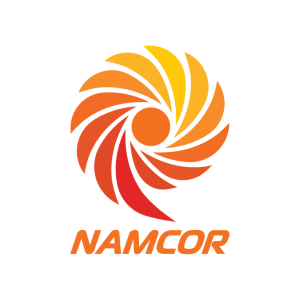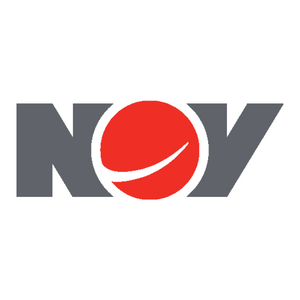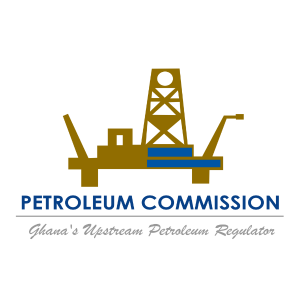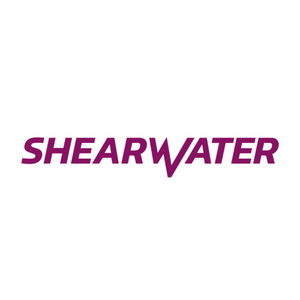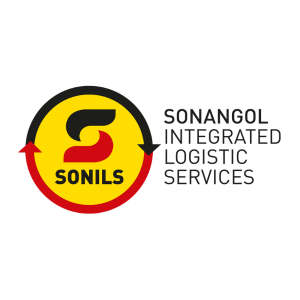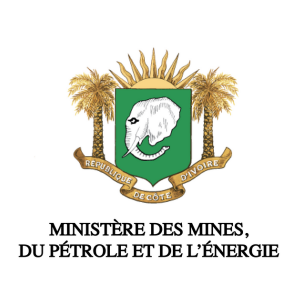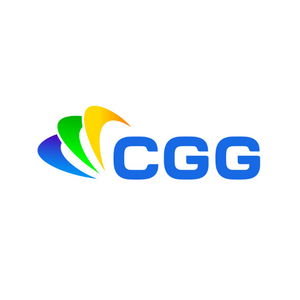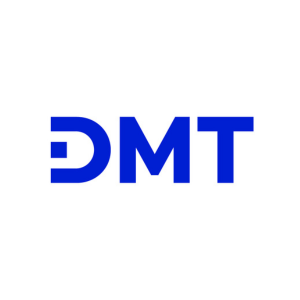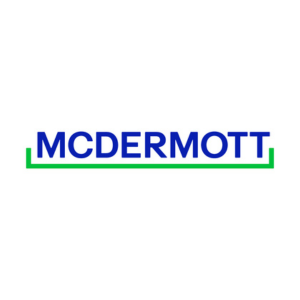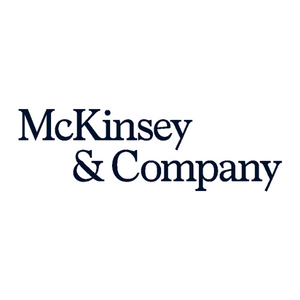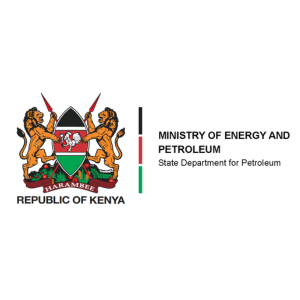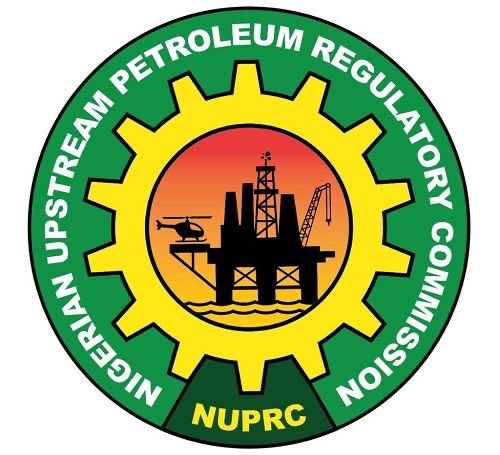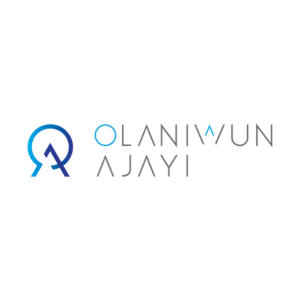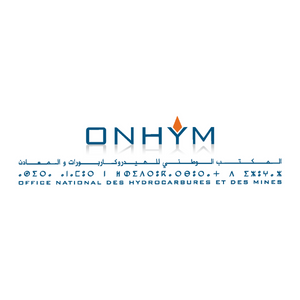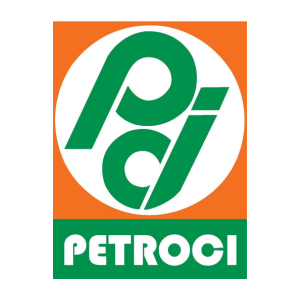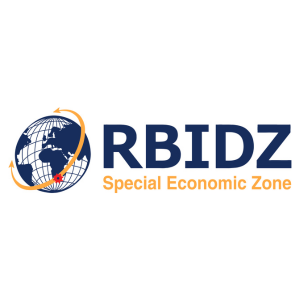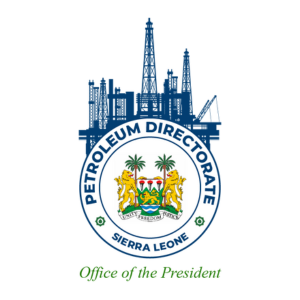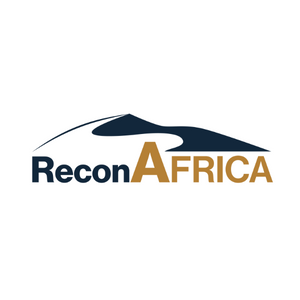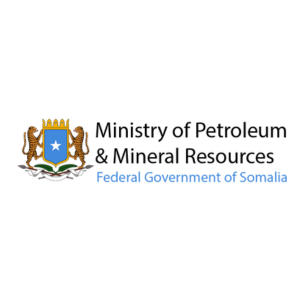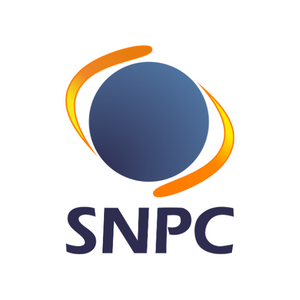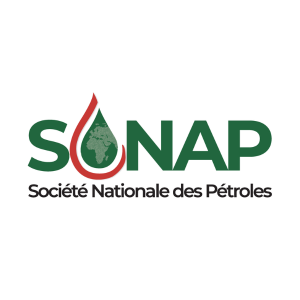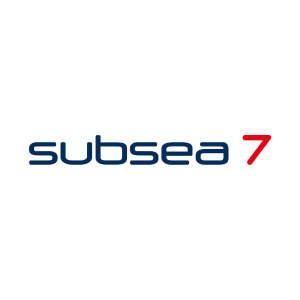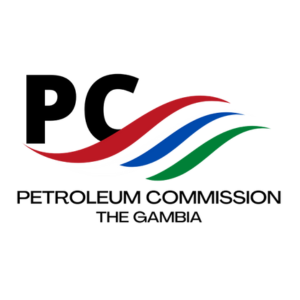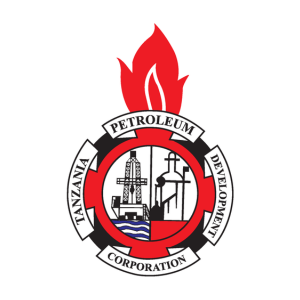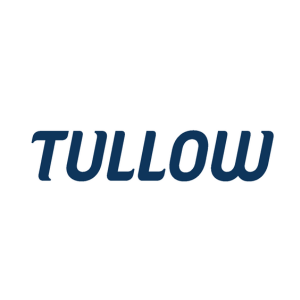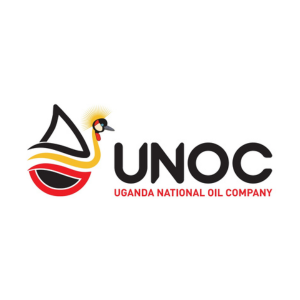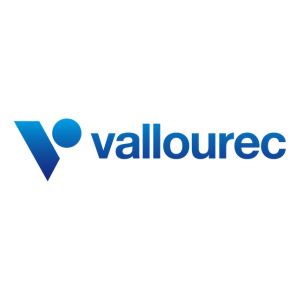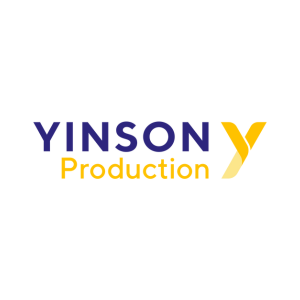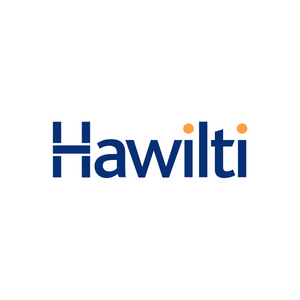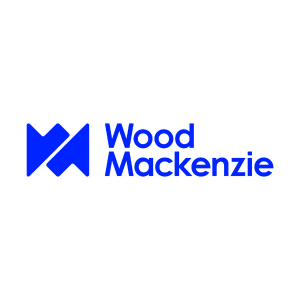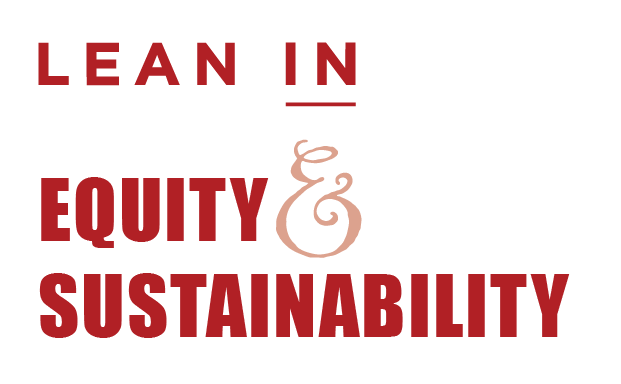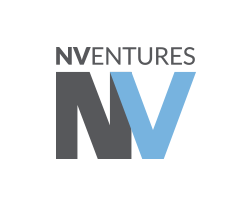Mr Jejin Jeon shares the story behind the company's rapid growth in Nigeria
| Mr Jejin Jeon has over twenty years of shipbuilding, offshore marketing and project management experience in Samsung Heavy Industries, including over ten years of overseas assignments in Europe, Africa, and the Middle East. He was the chief representative of SHI’s Lagos and Dubai offices from 2011 and 2016, during which he established a joint venture company in Lagos for local fabrication and integration works for the Total Egina FPSO project. Having started his career at Samsung in 1996 as a Sales Engineer, he is now Managing Director of Samsung Heavy Industries Nigeria. |  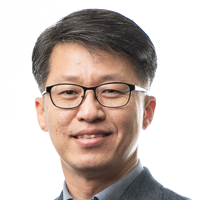 |
Samsung Heavy Industries Nigeria surprised the world in 2013, when the newly-formed subsidiary was awarded the contract to construct the U.S. $3 bn FPSO at Egina. The Egina project is now cited across the continent as a case study in local content development. Looking back to 2013, what made SHIN decide to prioritise local content in its bid, when so many other shipbuilders in the region were not?
Nigeria has intrinsic economic and talent advantages; it is a fast-growing market and has a young and ambitious population. However, it also had a reputation as a challenging place to do business with an underdeveloped industrial capacity. The Nigerian government recognised that they needed to galvanize partners to invest in increasing the local capacity of the country’s economy through the introduction of local content regulations.
We believed that we could successfully construct the Egina FPSO in line with local content regulations by pioneering the development of local manufacturing and human capabilities. Finding and investing in the right local partners was part of our recipe for success. Local partnerships made it easier to navigate the geographical, technical and regulatory terrain while also providing access to relevant industry network, channels and decision-makers crucial for the success of the project. The Egina is not a one-off project for us. We invested for the long-term for future projects. This was only possible by also making significant investments in upskilling Nigerian employees with international-level welding qualifications. Completing the Egina locally to exacting international standards has proven our approach works.
Now, with the benefit of hindsight, what are the key lessons learned by SHIN on the Egina project?
While working on the Egina FPSO project, we had at least two major realisations. Firstly, local content regulations are not to be fought against but should be embraced. To take advantage of the huge investment opportunity in Sub-Saharan Africa, it is very important for industry players across Africa to collaborate and partner with the intention of sharing and exchanging knowledge as well as combining expertise to deliver results.
Secondly, we realised the value of training local manpower ourselves. The 560,000 manhours of training we undertook for more than 3,000 Nigerians – many of whom had no industry qualifications – is something that will have a positive long-term effect on the economy. As part of our commitment to local content development, 92% of our staff are Nigerian and we ensure that over 90% of required services or procurement spend are executed through Nigerian contractors and suppliers.
SHIN now operates SHI-MCI, a joint-venture fabrication and integration yard in Lagos. Can you explain what the yard means for Nigeria and the broader region, and what it does?
The SHI-MCI fabrication and integration yard constructs modules and steel structures primarily for the offshore oil and gas industry. Before we invested in Nigeria, most maritime construction for African oil and gas projects took place outside of Africa. It has the strongest integration and assembly quay wall in Africa (502m), and is scalable, making it usable for smaller projects. We have invested heavily in training centres and education processes to develop the local workforce to international standards. The combined investments in technology and education will bring more international oil and gas projects to Nigeria and allow local small and medium enterprises to partner with us.
What can other African producers learn from SHIN on its effective collaboration with the Nigerian government and NCDMB?
Our ability to harness the benefits of local content to mutual advantage is a core competitive advantage. As we expand our expertise into field developments of strategic assets across Africa and globally, our strategy is to form partnerships with the government and capable local companies to develop and operate discovered offshore oil and gas fields. With this strategy, we can bring our Korean technical know-how to help unlock value in fields that have either been previously abandoned by the bigger E&P players or may be difficult for their local operators/owners to operate.
What are SHIN’s future plans in Nigeria? Has the recent COVID-19 pandemic affected the company’s mid and long-term strategy in the region?
We are committed to Nigeria for the long term and continue to work closely with the local and national government and players in the oil and gas industry on future projects. The long-term fundamentals are clear – Nigeria will power the industrial development of the West African region. While the COVID-19 crisis will have a severe impact on the region, our strategy remains unchanged.
Like many companies in the sector, has SHIN found ways to support Nigeria in its response to COVID-19?
SHIN has donated 5,000 COVID-19 test kits sourced from Korea to the Nigerian Federal Ministry of Health. This is part of our commitment to give back to the countries Samsung Heavy Industries operates in worldwide, but also a validation that SHIN truly love and care for Nigerians. We hope that the kits will support the Nigerian government’s efforts to tackle the pandemic. SHIN will continue to closely monitor the situation and support the Federal Government to mitigate the impact of COVID-19.
Finally, in light of recent events, are you optimistic about the future of Nigeria’s upstream?
The recent final investment decision of the NLNG Train7 project will be a major driver of the petroleum industry and Nigeria’s economy in 2020. With this decision, we are optimistic that Nigerian governmental bodies such as the FG, NNPC, DPR and the NCDMB can find alignment with other major industry players to reach final investment decisions on other upcoming major projects in the short and long term.
Other major projects I am closely watching are: the Bonga South West/Aparo promoted by SNEPCo, HI Field Development (a gas field operated by SPDC), HA field Development (which is also a gas development operated by SPDC JV), as well as ENI’s Zabazaba OPL 245 field development.
There is an upwards trajectory for Africa’s oil and gas industry in the long term as the opportunities in the value chain continue to grow. As the oil price recovers, there are indications that investors will explore new markets in Africa prompted by recent economic growth and relative stability. I believe governments and regulatory authorities in major oil and gas markets across sub-Saharan Africa are now more aware that their actions or inactions contribute to enabling foreign investment. Also, we cannot underestimate the importance of local content in driving growth and sustainability in the sector. Many companies are now promoting the use of local content policy programs to increase national participation, local employment as well as technology and competency transfer. The result of this will hopefully be increased local value-add, leading to a sustainable industry and economic growth.
Samsung Heavy Industries Nigeria is once again kindly sponsoring Africa Oil Week 2020. See the full list of sponsors confirmed so far here.

